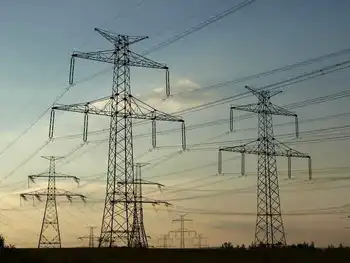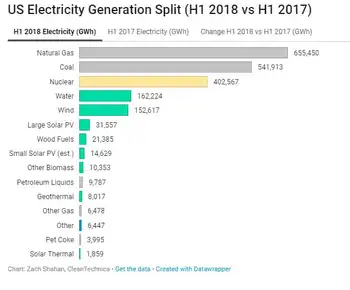Convenience trumped nuke safety
By Toronto Star
Arc Flash Training CSA Z462 - Electrical Safety Essentials
Our customized live online or in‑person group training can be delivered to your staff at your location.

- Live Online
- 6 hours Instructor-led
- Group Training Available
At issue is the federal Atomic Energy of Canada Ltd.'s Chalk River nuclear reactor. It uses weapons-grade uranium to produce medical isotopes. It's also 50 years old.
Only five plants in the world produce isotopes. Atomic Energy of Canada, or AECL, sells its output to MDS Nordion, a private company with a lock on the North American market.
So when AECL announced last month that it was shutting down its Chalk River reactor for safety reasons, there was some consternation in both the corporate and medical worlds.
The dispute between AECL and its regulator, the Canadian Nuclear Safety Commission, turns on the issue of backup power. The reactor is cooled by heavy water. The pumps circulating that water are run by electricity. As Brian McGee, AECL's chief nuclear officer, told MPs last week, if the pumps were to fail, the reactor could release radioactivity into the surroundings.
Last year, the regulator told AECL to connect backup power systems that could resist bombs or earthquakes. AECL agreed but didn't do it. When the regulatory commission found out, the jig was up.
Enter the politicians.
While isotope shortages are not a good thing, it has never been clear that the country faced a full-blown health crisis. There were scattered shortages. But as Health Minister Tony Clement conceded, they were not serious enough to cause the government to redirect the isotopes MDS Nordion was exporting abroad.
Indeed, the main casualty of the interruption was MDS Nordion, which saw its fourth quarter profits slashed by two-thirds.
Still, no politician wants to be implicated in a Yuletide health scandal.
Prime Minister Stephen Harper blamed the regulatory commission, which he suggested was a nest of Liberal hacks. (In fact the president of the commission, Linda Keen, is a career civil servant).
Meanwhile, AECL quietly fixed one of the reactor's two pumps. As McGee told MPs, it should take no more than 16 days of additional down time to fix the other.
And Keen said her commission would let AECL operate the reactor with just one pump connected, if the Crown corporation produced a plan to show it would be safe.
That process, she figured, would take about a week.
In short: no immediate health crisis; no need to rush. At most, it would have taken just over two weeks for AECL to meet the regulator's safety standards.
So why did MPs panic and pass a law letting AECL operate for 120 days without meeting safety standards?
I understand Harper's Conservatives. They suspect all regulators are Communists.
What I didn't understand, at first, were the opposition MPs. Why did they fall in line with Harper?
Vancouver NDP MP Libby Davies finally provided the answer. The Commons could wait a week and see if AECL managed to satisfy the regulator, she noted. But by then, MPs would be on holidays. If a real crisis did emerge, they'd have to come back to Ottawa.
Faced with that grisly option, all agreed that it was best to override safety. Anyway, what's the problem? As AECL's McGee noted, even if the reactor does rupture, workers and local residents will at worst be irradiated "within recognized guidelines."











